If you’ve read about search engine optimization, you’ve probably seen the term web crawler. But what is a web crawler? What does it do? How does it work? How do they affect my website? Read on to find these answers and more!
What is a Web Crawler?
A web crawler, also known as a spider or search engine bot, is a bot that downloads and indexes content from all over the internet to learn what every web page is about. That way search engine users can easily retrieve the information when they need it.
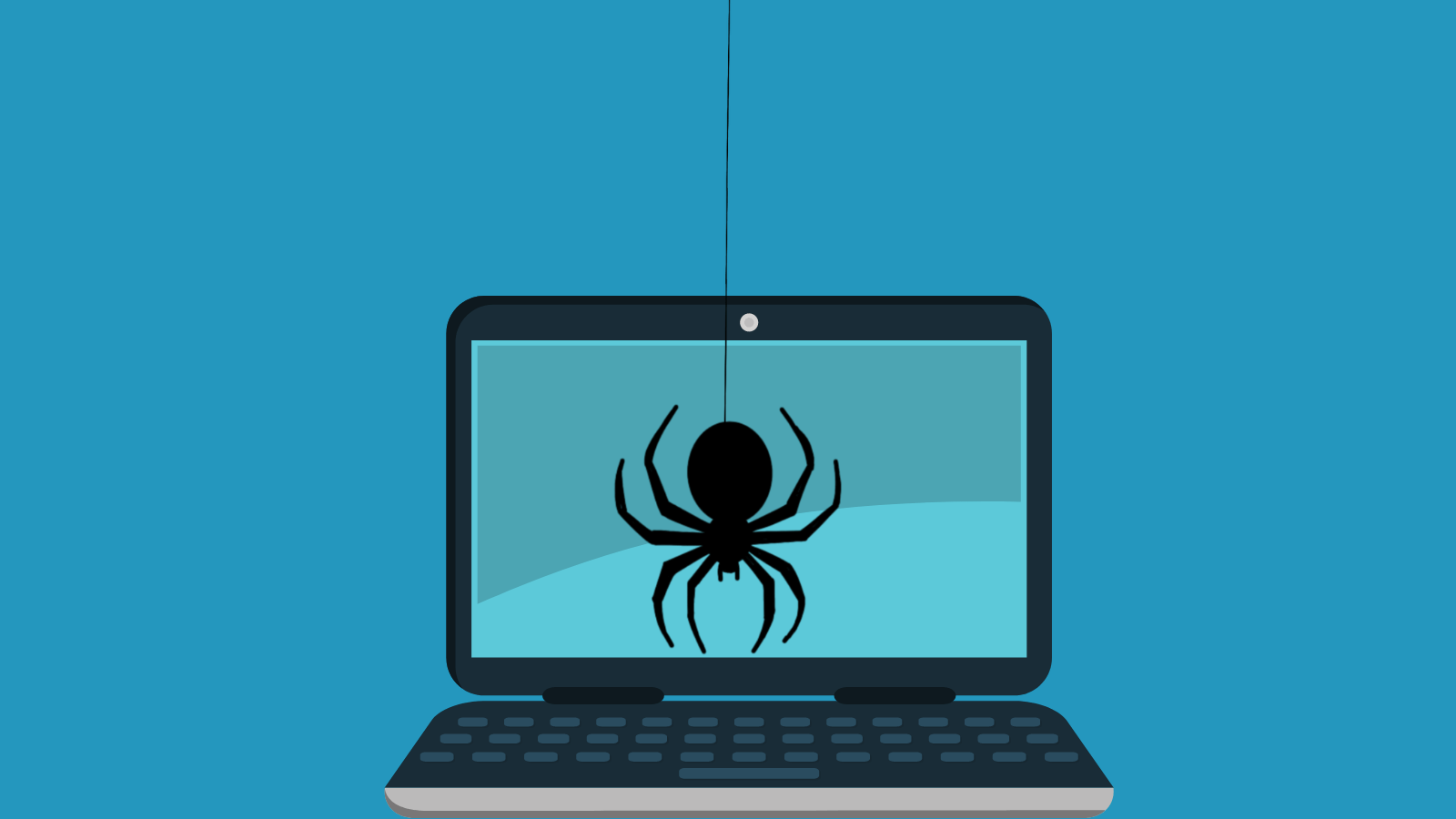
How Do Web Crawlers Work?
It’s impossible to know for sure how many web pages there are on the world wide web at any given time. New websites with several pages each are created every day. That’s why web crawlers start by crawling a list of known URLs, also called a seed. From those URLs’ web pages, they find hyperlinks to other URLs and add them to the list of pages to crawl next. Web crawlers are selective about which pages to crawl, what order to crawl them in, and how often they should crawl again for updates. Otherwise this process could go on forever. The criteria they use to decide include:
The Importance of Each Web Page
The first thing web crawlers consider is how important the information on the page is. They mainly figure this out based on the number of other pages that link to that page and the number of visitors that page gets. If those numbers are high, the crawler will likely conclude that the page contains high-quality, authoritative information.
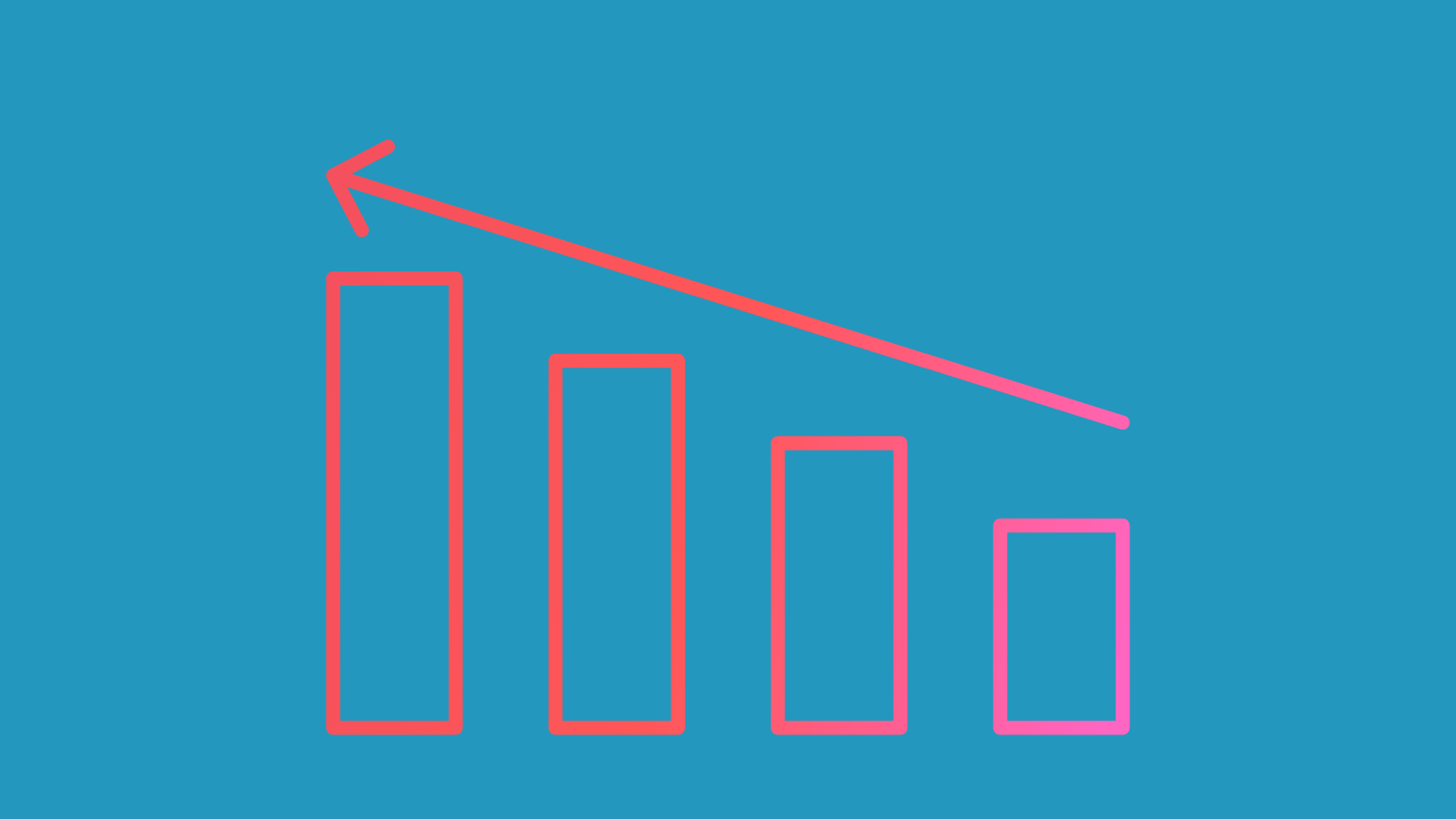
Revisiting Webpages
As content is updated and moved around, web crawlers need to revisit pages they’ve already crawled to get the most up-to-date version of the content.
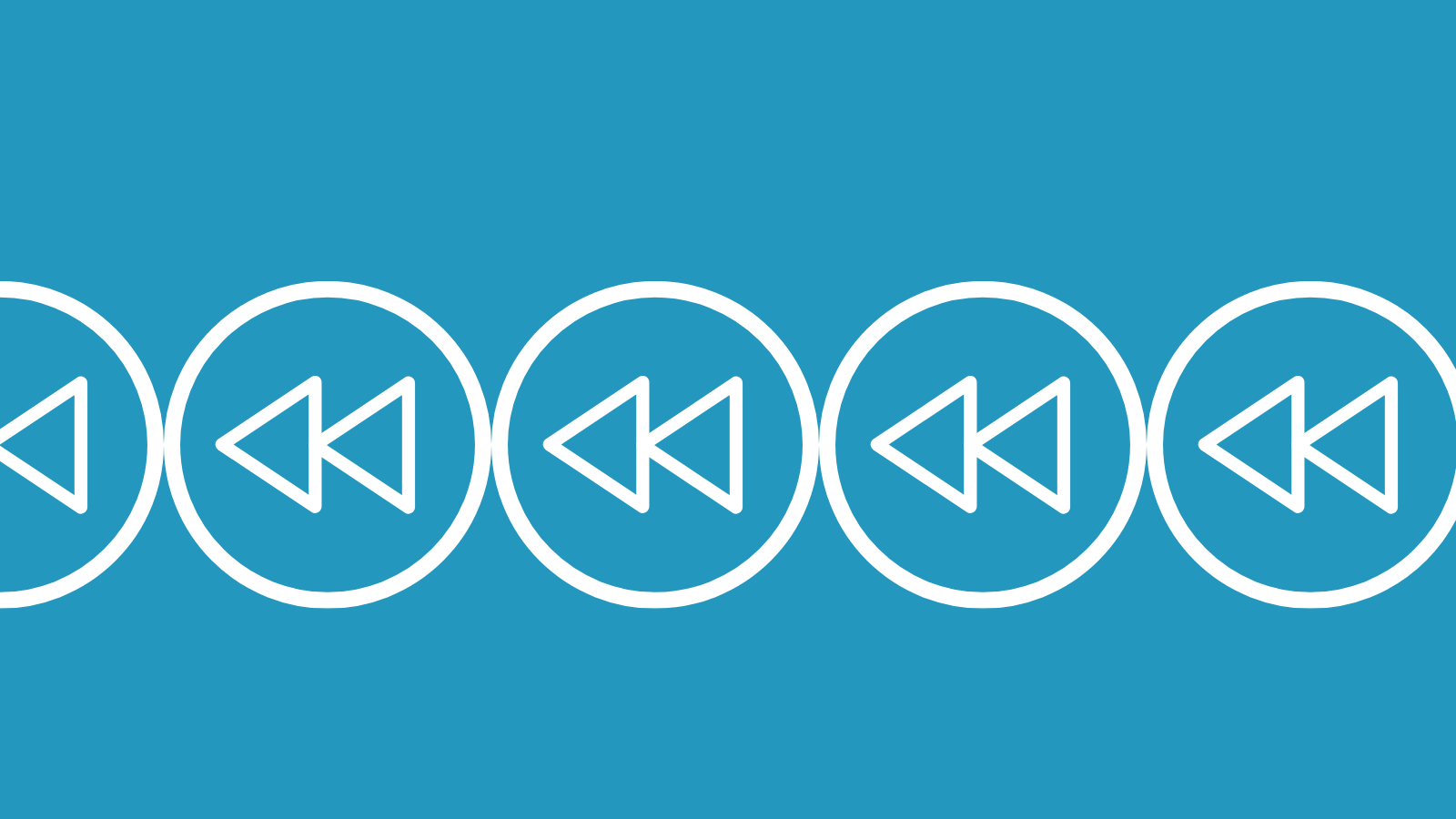
Robots.txt Requirements
The robots.txt protocol, also known as the robots exclusion protocol, is a set of criteria that web crawlers use to determine whether or not a web page was created by a bot. Before crawling a web page, the crawler will check the robots.txt file hosted by that page's web server. A robots.txt file is a text file that specifies rules for bots that access the page to follow, including which pages the bots can crawl, and which links they can follow.
Each search engine’s algorithm prioritizes these factors differently and includes additional factors of their own. Though each spider bot’s end goal is the same: to download and index content from webpages, web crawlers from different search engines behave slightly differently in order to accomplish that goal.
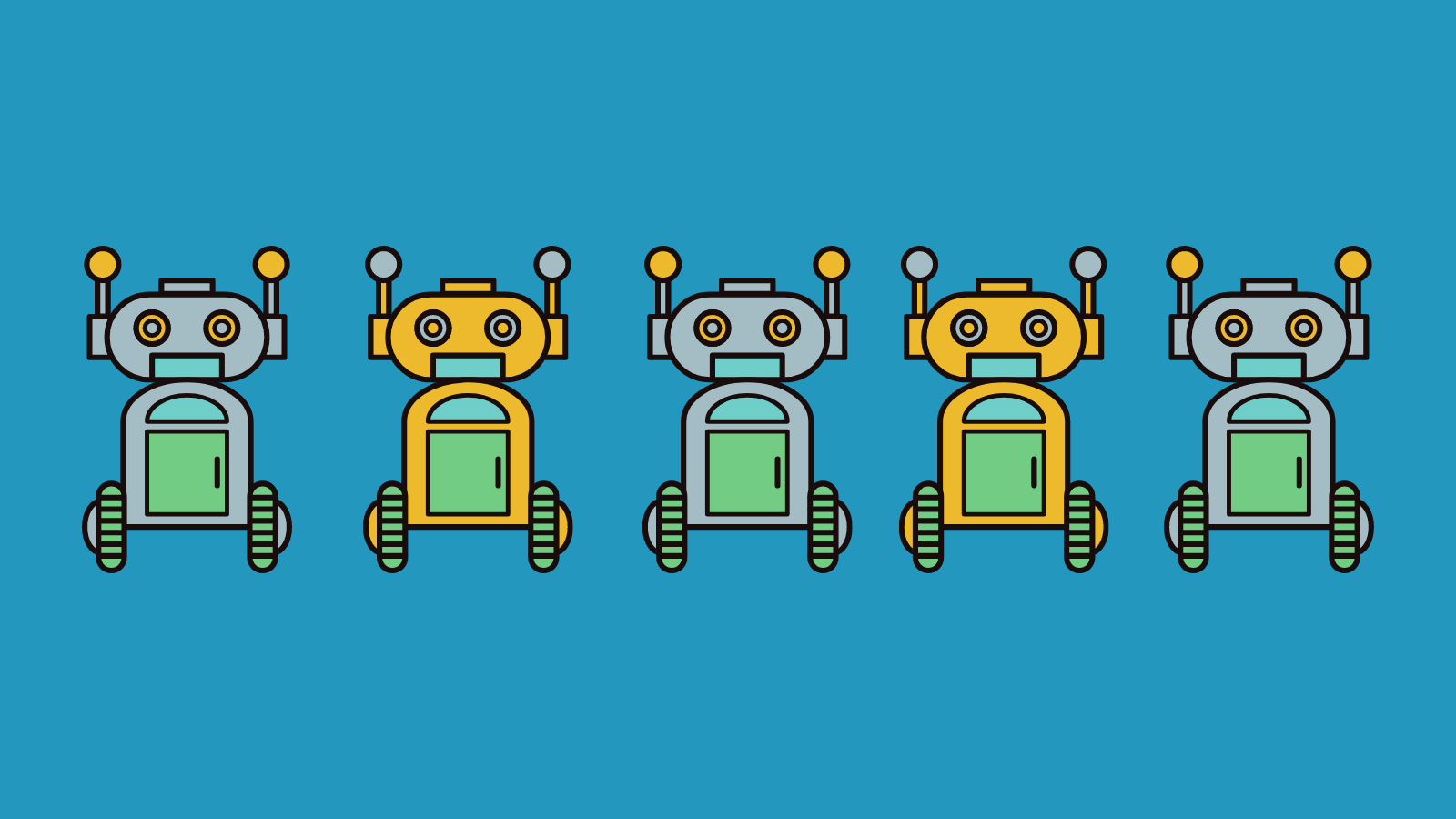
Examples of Crawlers
Each major search engine has their own crawler. These include:
- Google: Googlebot
- Bing: Bingbot
- Yahoo!: Slurp Bot
- DuckDuckGo: DuckDuckBot
- Baidu (Chinese search engine): Baiduspider
- Yandex (Russian search engine): Yandex Bot
- Sogou Spider
- Exabot
- Alexa Crawler
What Makes a Website Hard to Crawl?
If your website is hard to crawl, your SERP rating could suffer. That would make it hard for the world to see the hard work you put into promoting your business. Checking for factors that get in the way of effective crawling with tools like Screaming Frog and Deepcrawl can help you find issues like:
Broken Links
No one wants to click on a link only to find that it leads to a page that doesn’t exist. That includes bots. This poor user experience can tank your SERP position.
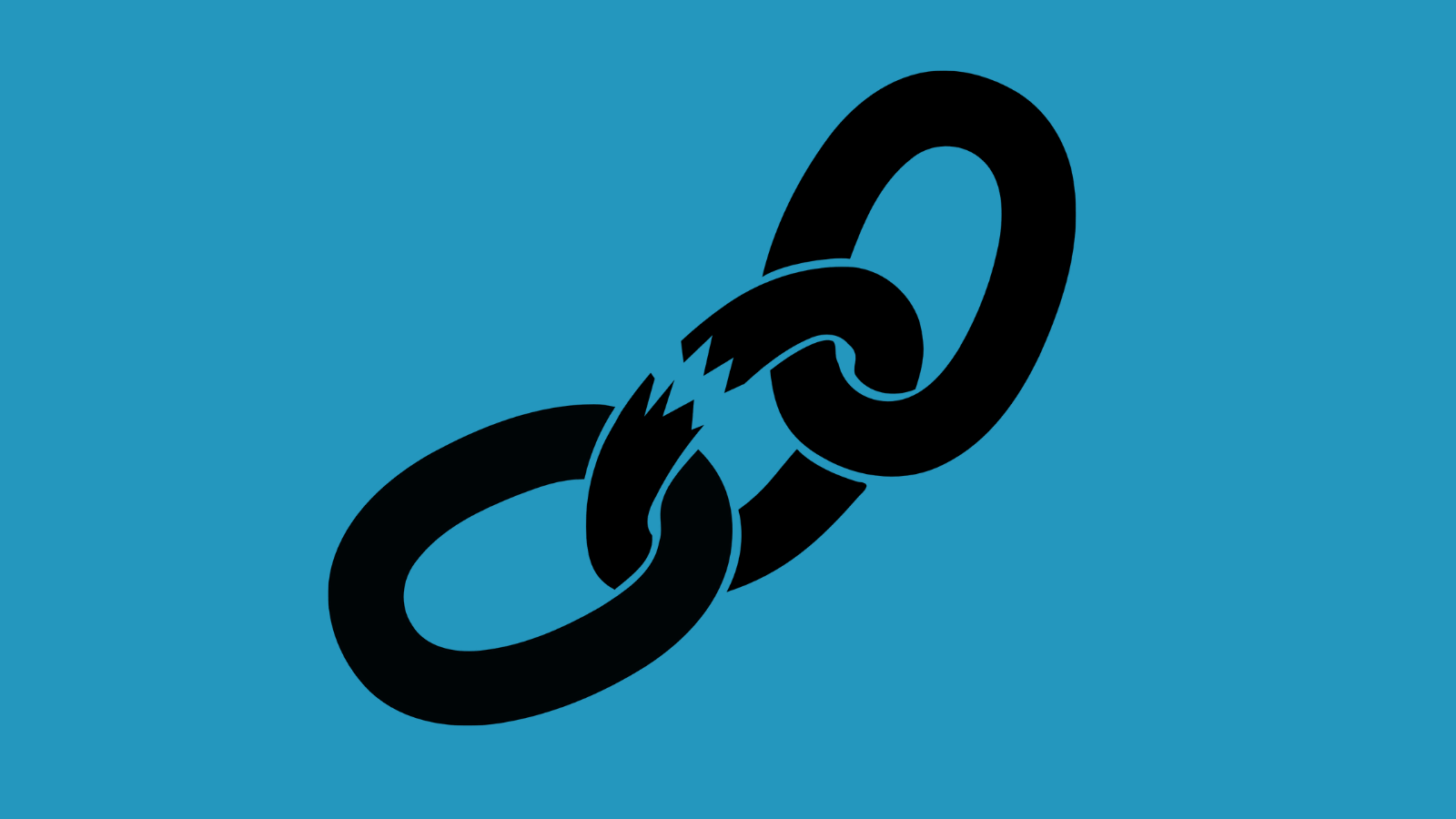
Duplicate Content
Duplicate content on different URLs confuses search engines. It makes it harder for them to choose a version that’s more relevant to a search query. If you have this problem, you can fix it by using a 301 redirect.

Page Titles
Title tags that are too long, too short, missing, or duplicate other title tags can lower your SERP position.
You can set a schedule for these tools to crawl your site at regular intervals without affecting your site performance and export the data into spreadsheets and other accessible formats.

How Do Web Crawlers Affect SEO?
Search engine optimization, is the practice of intentionally creating web content with SERP ranking in mind. Crawlers are what decides if your efforts are successful. If a website isn’t crawled, it won't show up in search results.
Keyword Use and Meta Tags
When web crawlers scan for keywords, they record the words themselves and where they’re placed. Keywords matter the most in headings, meta tags, and image alt text.
Meta tags are snippets of html code that tell crawlers important information about a website’s contents. Together, they make metadata.
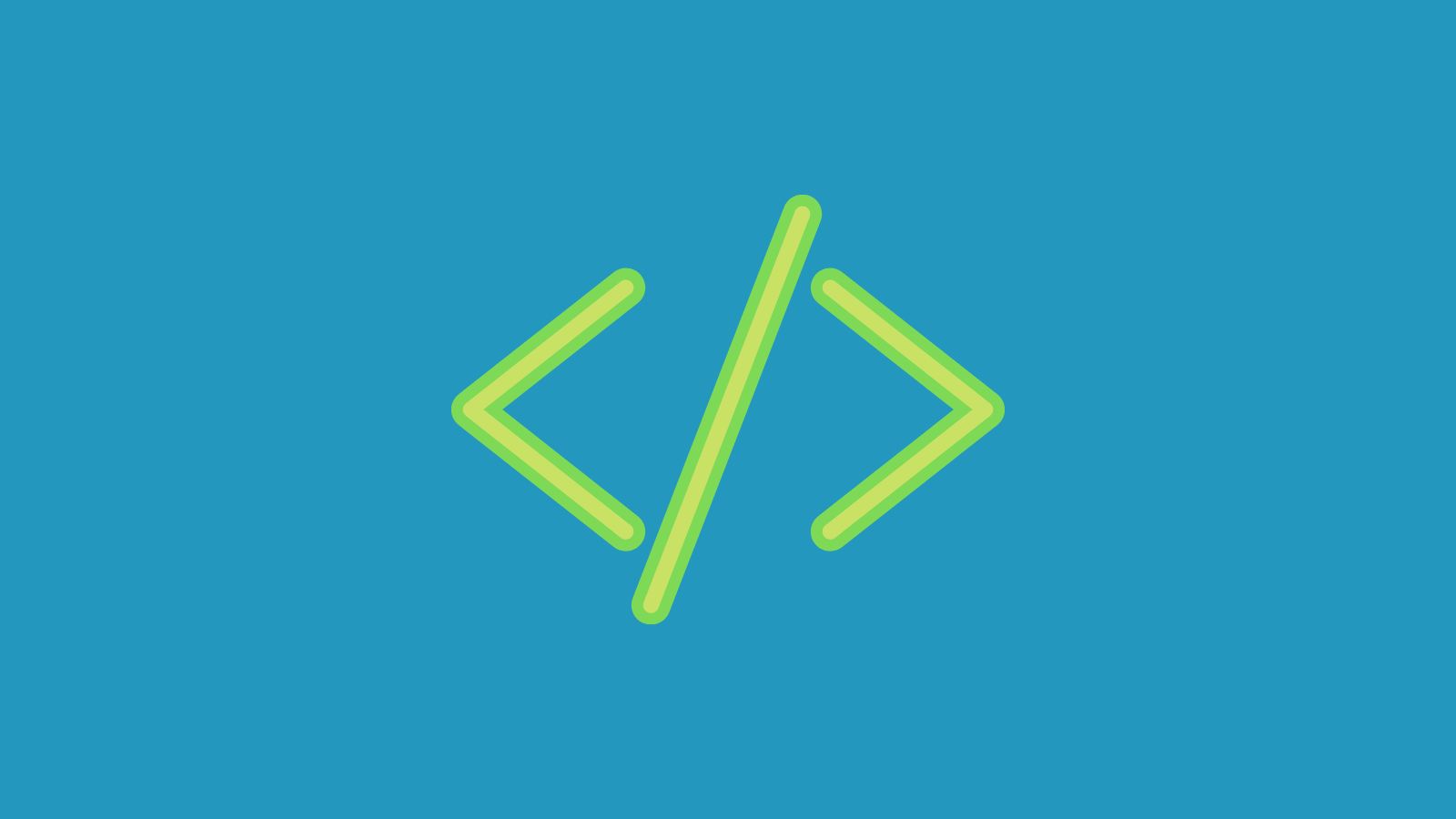
Anchor Linking
Backlinks and internal links show crawlers that the page is worth paying attention to. Placing links in anchor text that includes keywords that are important to the content makes the most impact. For example, a link over the word “search engine optimization” in this post will have a better SEO impact than simply placing it over “click here.”
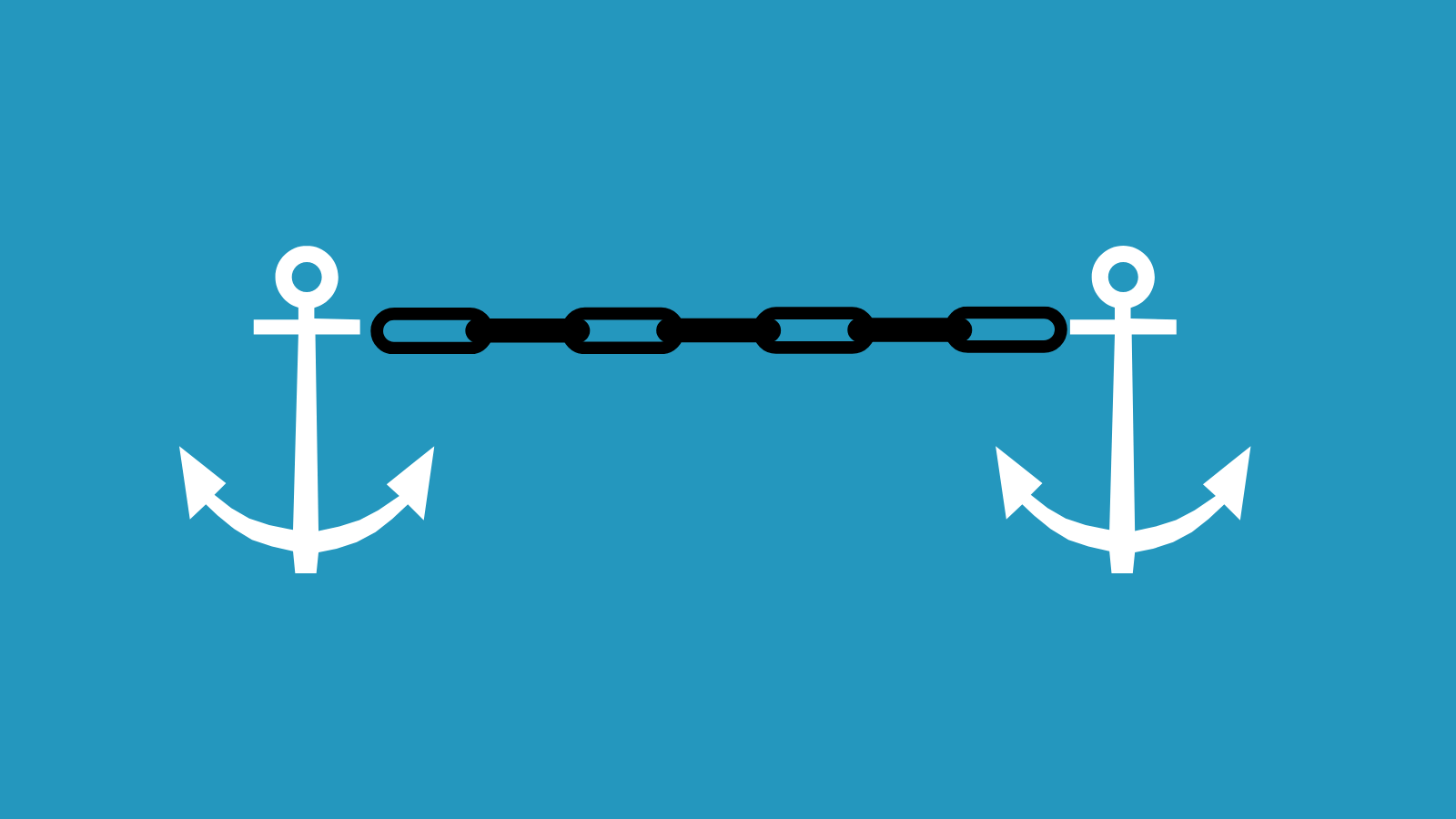
Sitemap Submission
A sitemap is a list of pages on your website and the flow they go in. Placing a sitemap on your website and submitting it to search engines makes it easier for them to crawl your website since it’s essentially a guide for what to crawl next.

Indexing Requests
When you publish new content and change existing content, you can make sure search engines see it by submitting the URL for indexing. This makes sure that the search engine results include the most recent, relevant version of the content.

Web Crawling vs. Web Scraping
Web scraping, also known as data scraping and content scraping, is when a bot downloads a website’s content without permission for malicious purposes. Web scrapers typically target specific pages or websites or pages while web crawlers keep following links and crawling pages continuously. They also often disregard robots.txt files and the strain they put on servers.

Blocking a Crawler
What if you don’t want some parts of your site to be crawled? Maybe it contains redundant, irrelevant, or sensitive information that you don’t want showing up on the SERP. Fortunately, there are ways to intentionally block web crawlers.
The noindex meta tag stops search engines from indexing specific pages. It’s often used for admin pages.
You can also tell crawlers what pages to avoid by adding a robots.txt file. It doesn’t protect you from web scrapers, but major search engines will honor it.
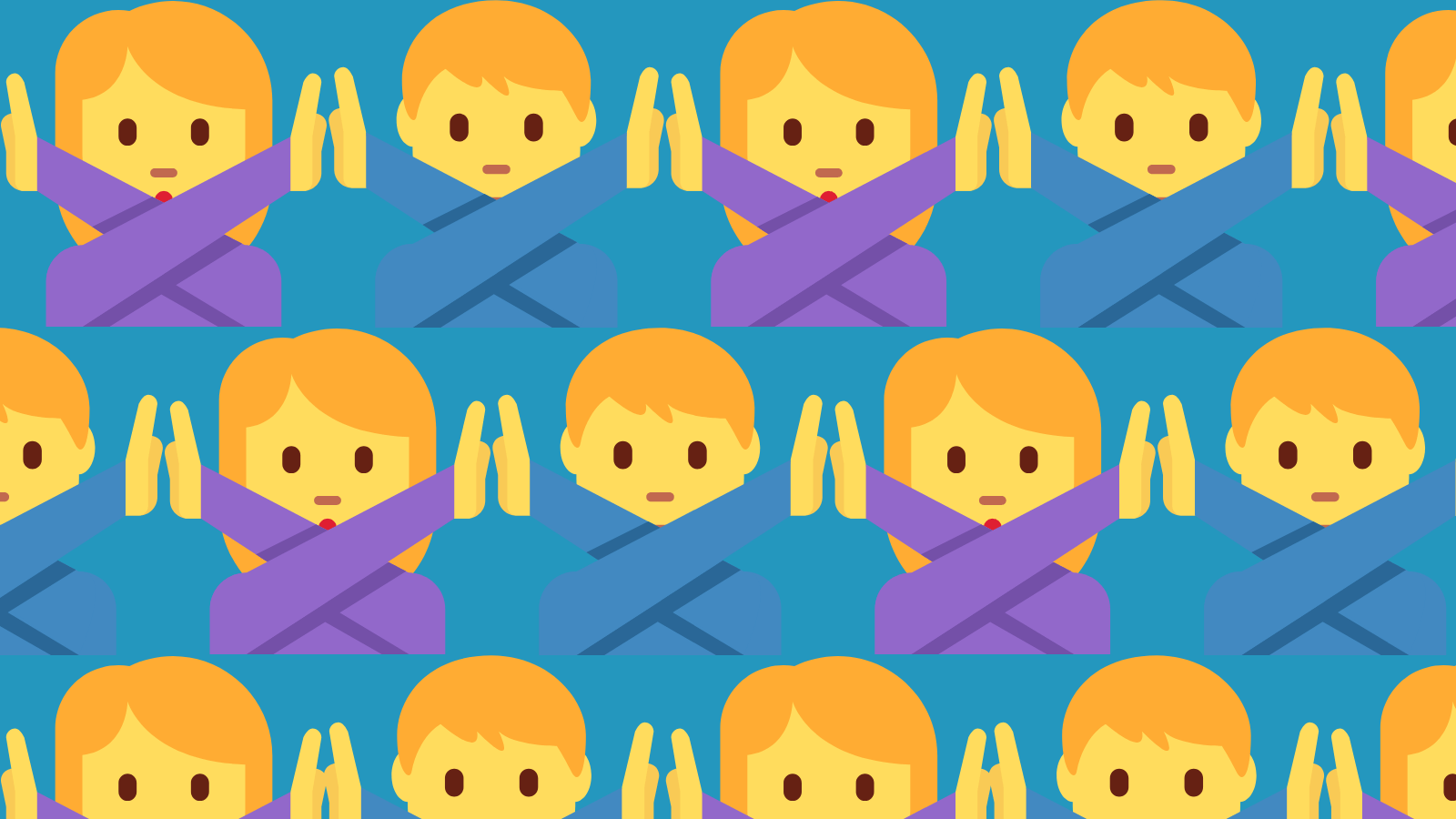
How Sav Can Help
Now that you have a better understanding of how web crawlers determine whether or not your website is worth displaying in web searches, try out our website SEO settings to see it in action. This is just one of the ways we make succeeding online easy so you can focus on running your business. Start building with us today!
Newsletter
Popular
Top Articles

